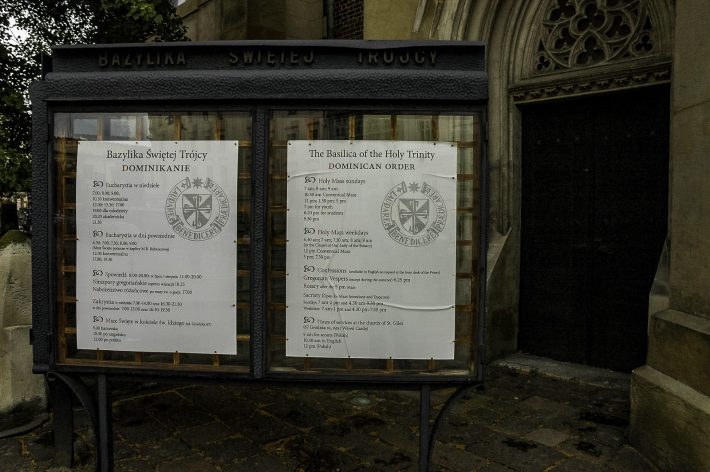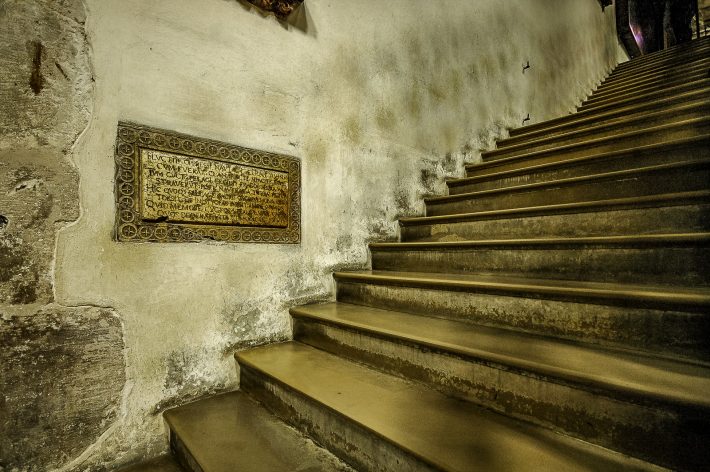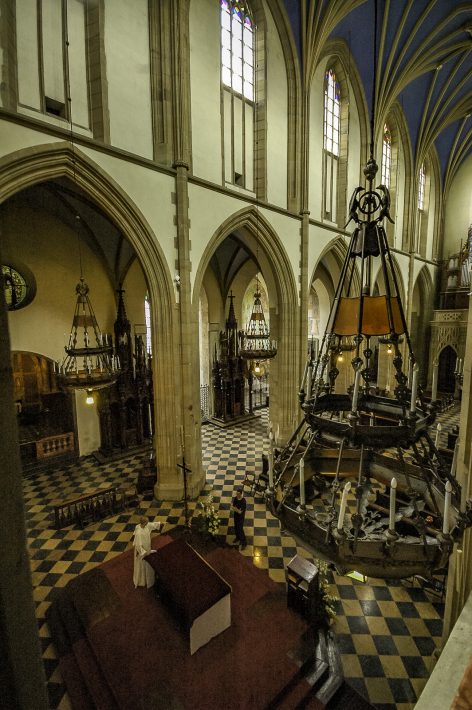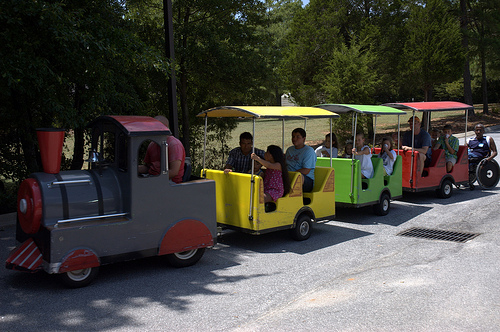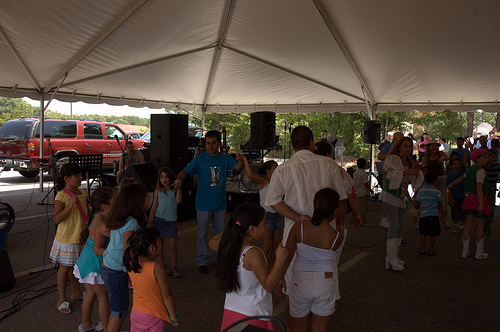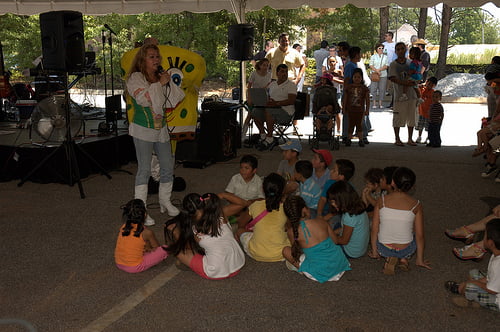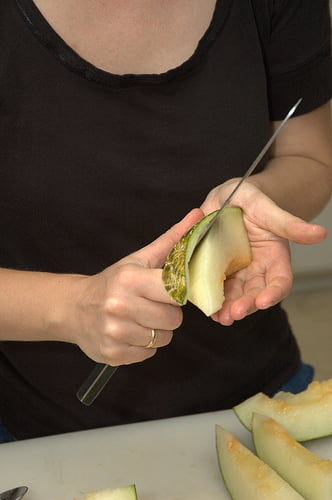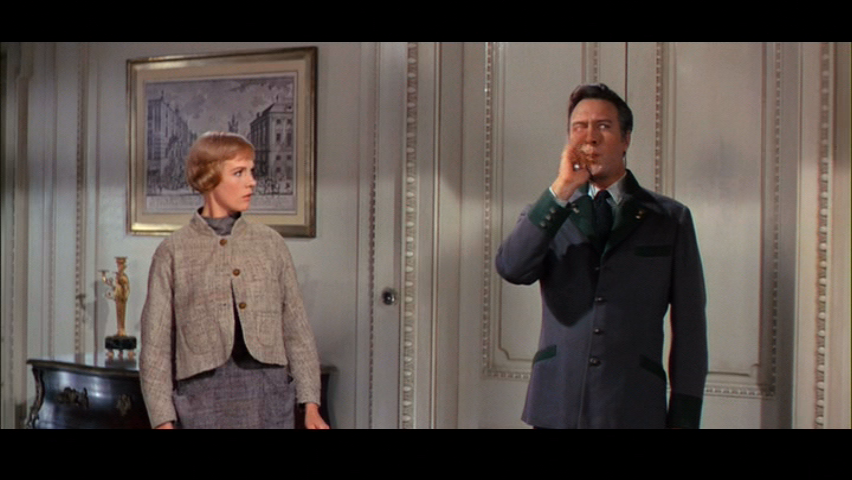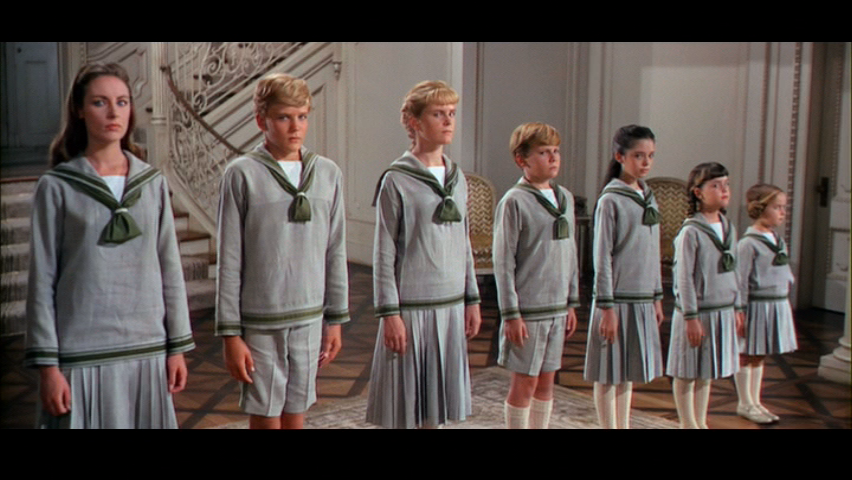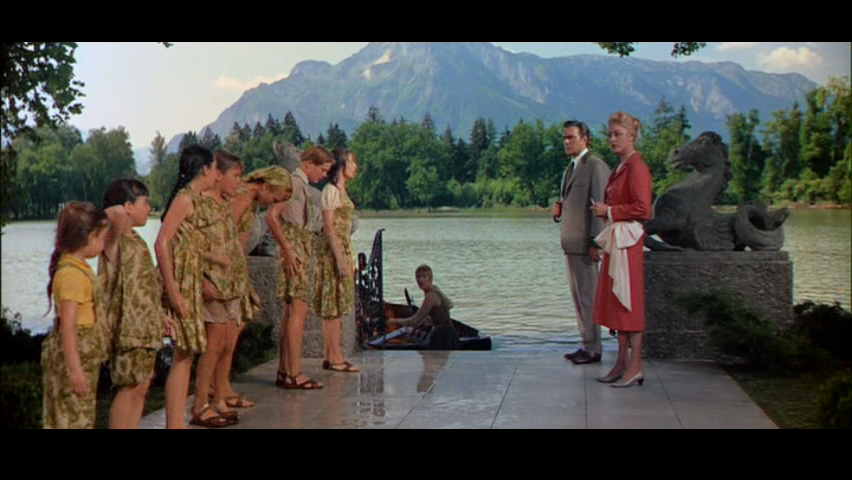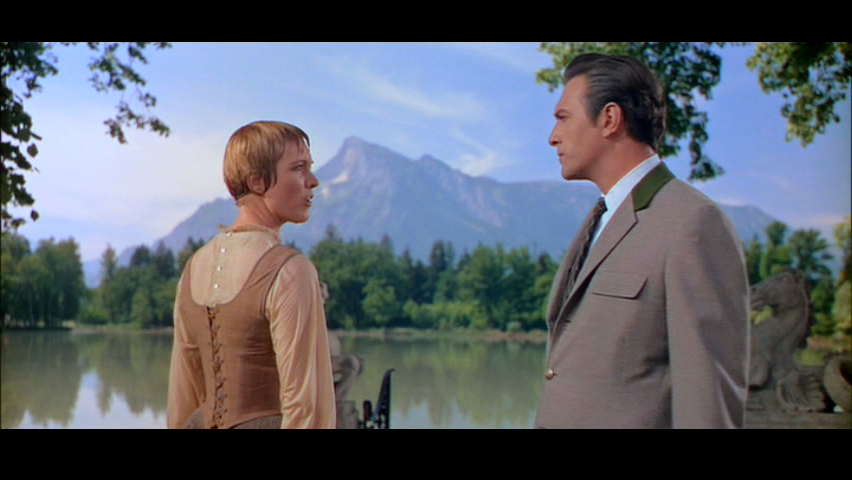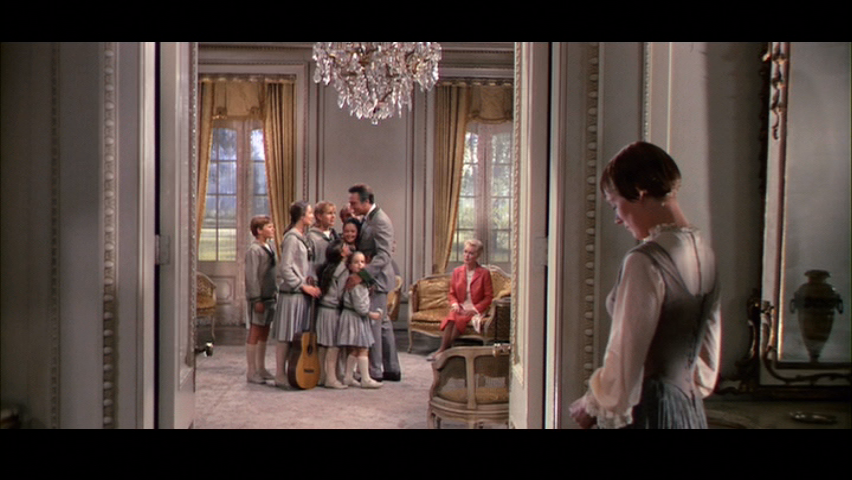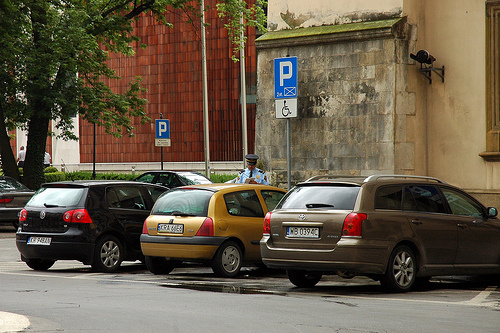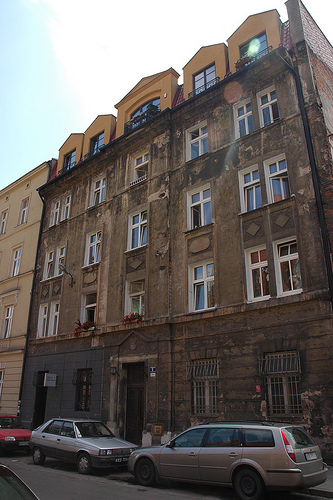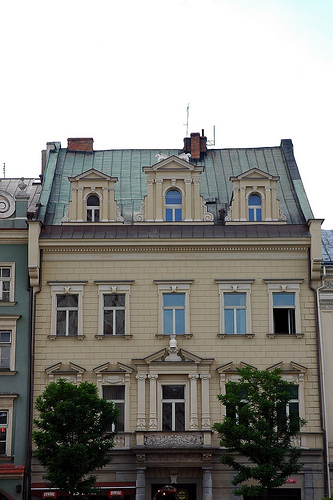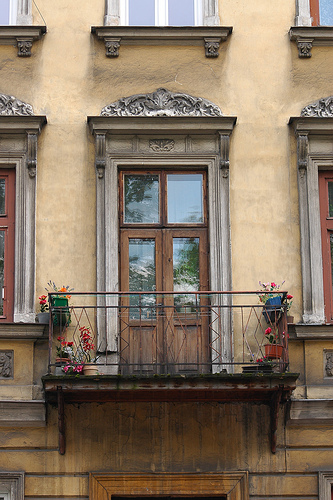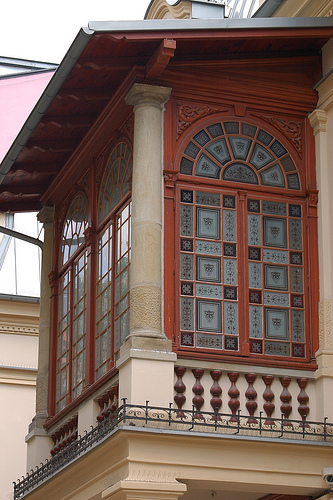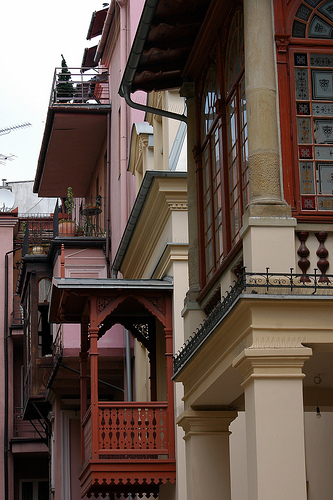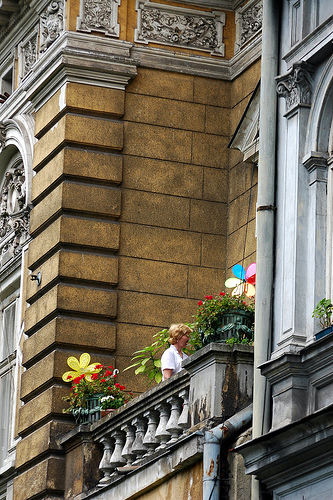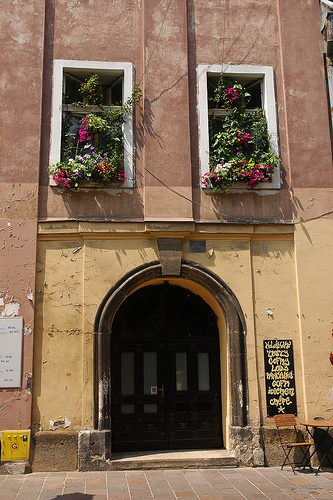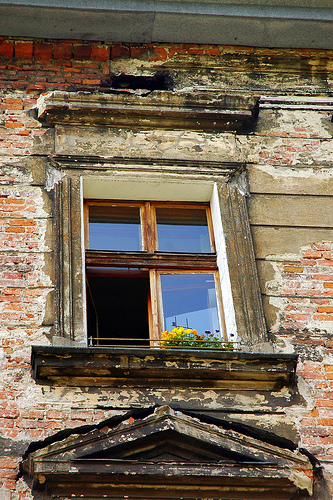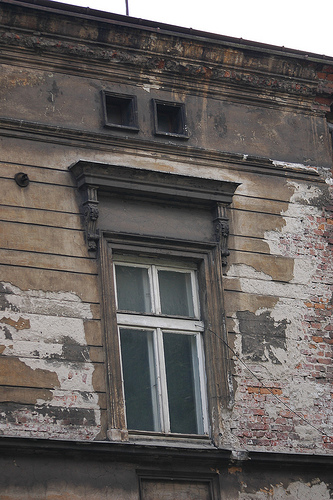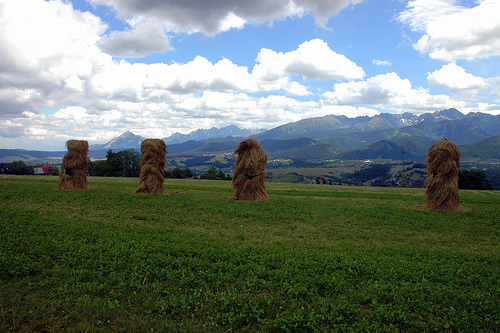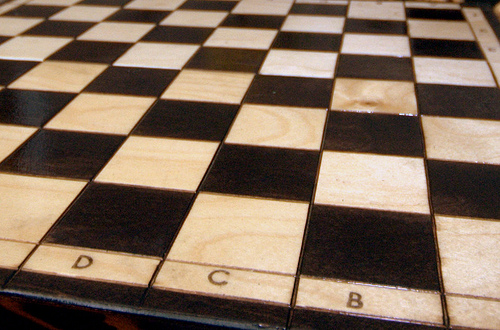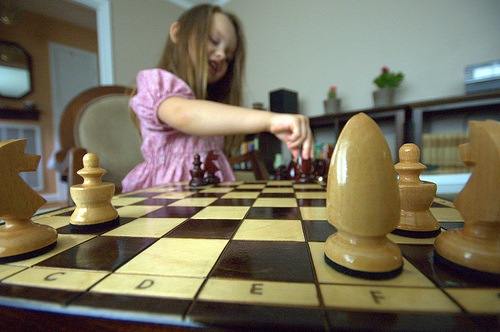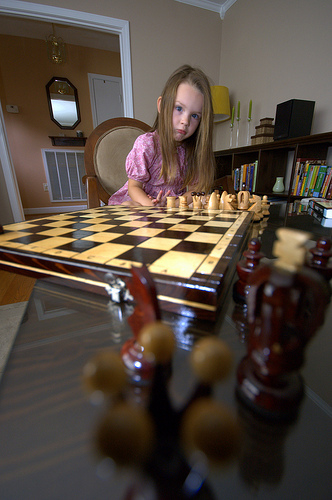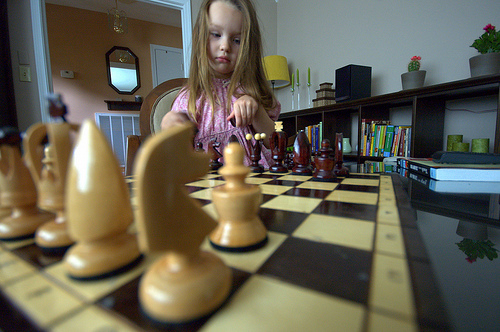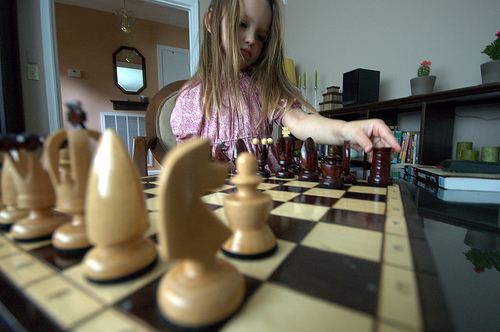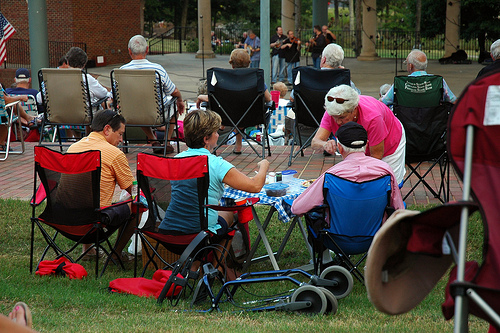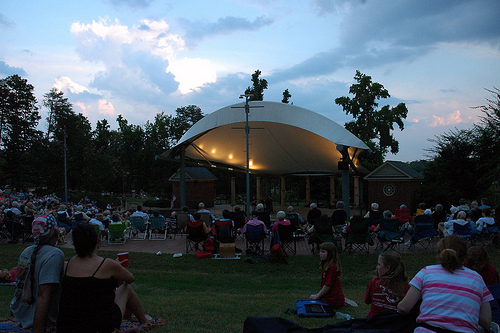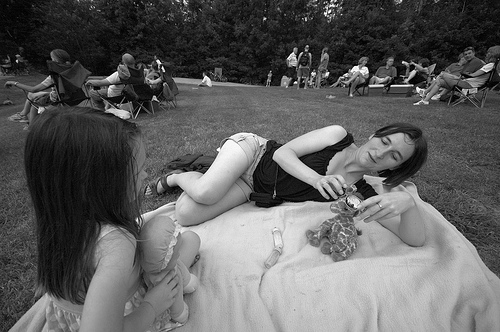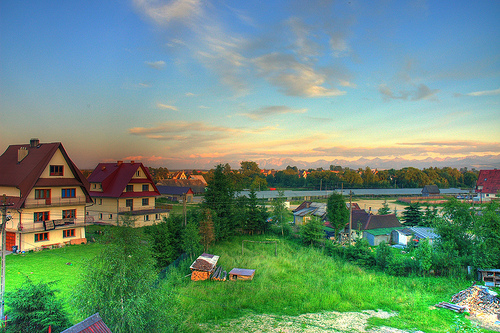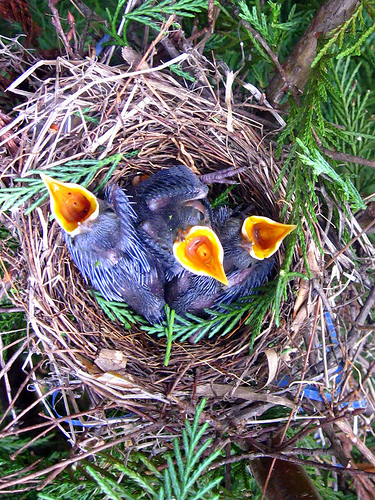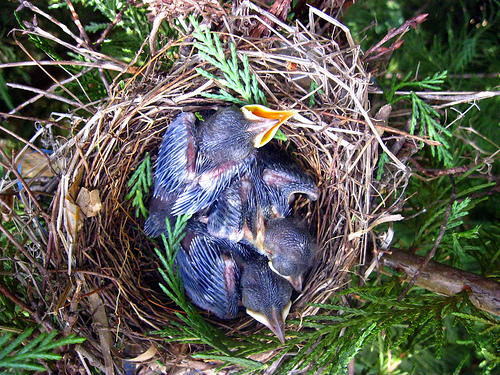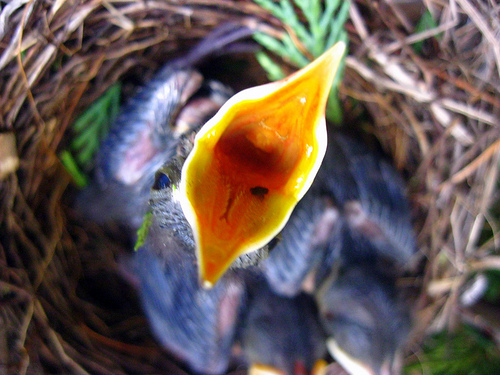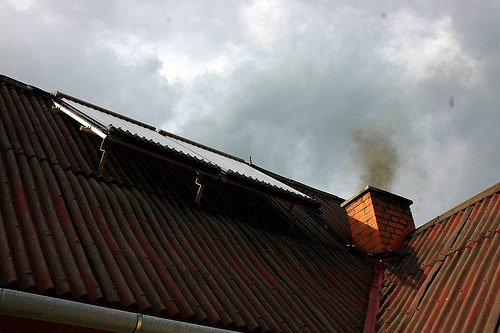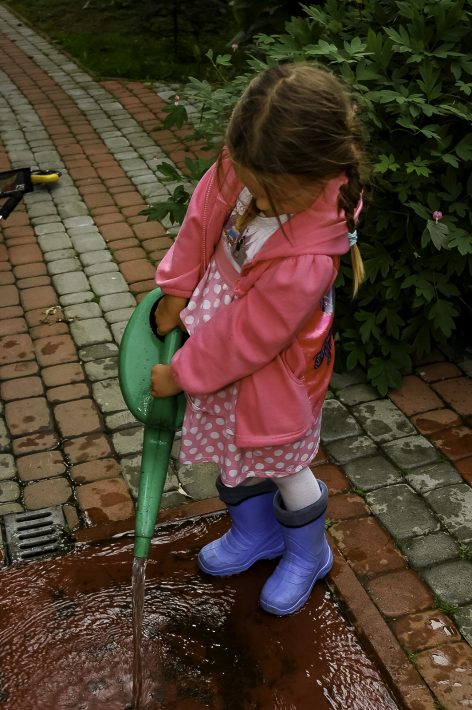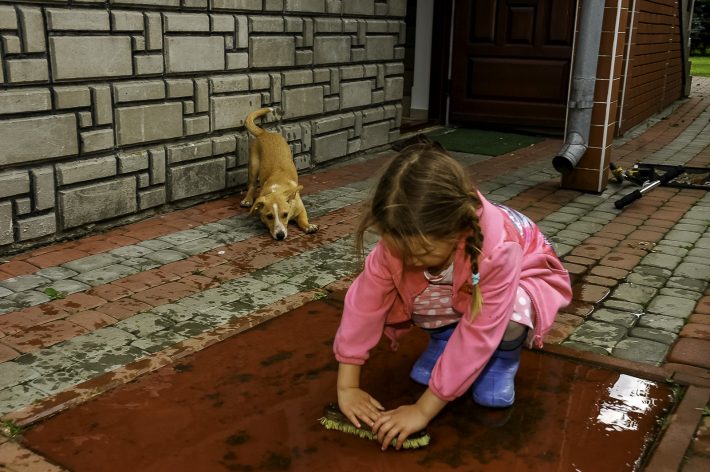“You know what I’m looking forward to?” I asked K before we left for Poland. “The smell of an old church.”
“Oh, me too,” she replied.
It’s an odor of slightly metallic dampness, old incense, leather, wool, and a thousand other notes that probably only a sommelier or blender of fine pipe tobaccos could notice and describe but which merge for us mere mortals into “old church.” It is to be in the midst of history: the structure is older than America. It is to be in the midst of profound calm: even in the most tourist-filled church, there is reverent silence.
A day in Krakow, responsible only for myself. I decide there is only one thing to do: go into churches. I begin with one of K’s favorites: the thirteenth-century Gothic Basilica of the Holy Trinity.
With so many churches in the Old Town of Krakow, it’s surprising how many masses the Basilica has. There are more on a weekday than on a Sunday at an average Catholic church here in the Old South, a clear illustration of the difference in relative demand. Then again, this particular church is popular among university students in Krakow.
So many of the churches in Krakow — they begin to blend together after a while. That’s the tourist view, I’m sure. To parishioners, there’s a history and a relationship.
Yet, there are little details in each church, little architectural touches that set each one apart. The basilica, for example, has a small upper chapel.
The view provides a little different perspective. Instead of looking up — a common action in gothic churches, and very much by design — one has the opportunity to look down. Somewhat blasphemous in a certain sense: we mortals are to be looking up to God, and here I am looking down. And on what?
A young monk explaining an upcoming ceremony to four young men. I can’t hear what they’re saying, and every picture I take turns out later to be completely, irredeemable blurry. I make a logical assumption: these young lads are about to become monks themselves, but I’m not certain. I can’t eavesdrop without making it obvious, and something prevents me from simply walking up to them and asking. What’s stopping me?
The conspicuousness I always feel as a tourist certainly has something to do with it. Walking around, snapping pictures, changing lenses, taking more photos, changing lenses again — I’m simply a cacophony.
What’s worse, unlike the Catholic tourists, I don’t genuflect as I pass the altar, and I don’t cross myself on entering. I surely stand out, but what’s the problem? We all stand out.
Is it false modesty or simply an overactive ego?
